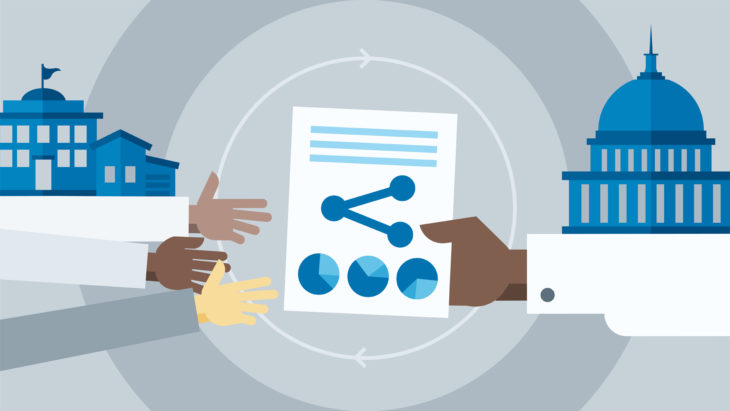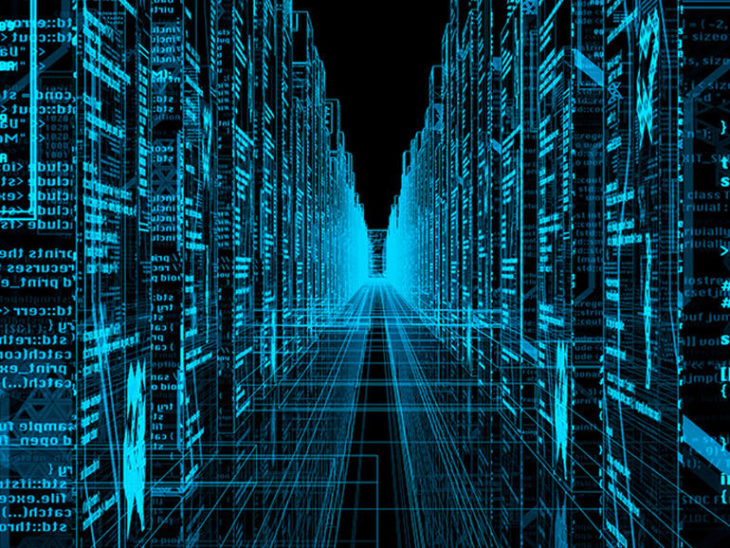Nowadays, online data has become the center of many conversations. As our life has become focused on using online websites, it is natural that open data and big data are now on everyone’s mind. More and more people want to understand how much this data can influence their lives and what to what extent the information about us is available to others.
Understanding Open Data
Open data can be concluded as your private information that can be seen by anyone. Moreover, open data is vulnerable to being altered by others as well. The sources for open data can include a corporate company, government data or intelligence too. On the other hand, these sources are not limited and other websites have been set up which simply include individual’s information leading up to their ancestors.

Source: Lynda.com
In other words, many things from our personal life are out in the open and can be accessed by anyone.
But What Does Open Data Include?
It is not possible to draw the line as to which extent open data saves records about a person. A list of things that might be featured through open data includes:
- First and last name
- Aliases
- Date of birth
- Birth certificate
- Marriage license
- Divorce decree
- Company registers
- Phone Numbers
- Academic Research
- Genealogies
- Death Notices
However, this is a comprehensive list of things that can be accessed through open data. One major argument in favor of open data is that of demoralization of data. According to several experts, people and the economy of a country can develop on a larger level.
While some of the information about individuals remain personal and not for sharing, much of your private life’s records are still not considered personal. In fact, the open data sources for public access easily give away a person’s marital life, property ownerships and even voting history. Lee Tien who is a senior staff attorney at the Electronic Frontier Foundation says, “By merely existing in this world, you are going to continue to generate records.”
In simpler terms, the legal information about you can simply be used for datasets unless a state passes a law against parting information. In fact, much of the information that you put on websites voluntarily is available to be purchased by data record companies.

Source: 7wdata.be
Good or Bad?
The territory to have a final verdict is not black and white. It is complicated to make a final decision about whether open data is useful for us or if it will create problems. Some setbacks of open data may include identity theft, vulnerability to intolerant groups and various others.
On the other hand, some people don’t mind it at all and have been sharing information about their own ancestors that they landed on using the FamilyTreeNow. There are many other places to access open data where you can trace information about yourself or someone you know. Some of these websites also allow you to take down information if you don’t want it online by contacting them. This might be useful for those who don’t feel comfortable with the information being shown on open data sources.
